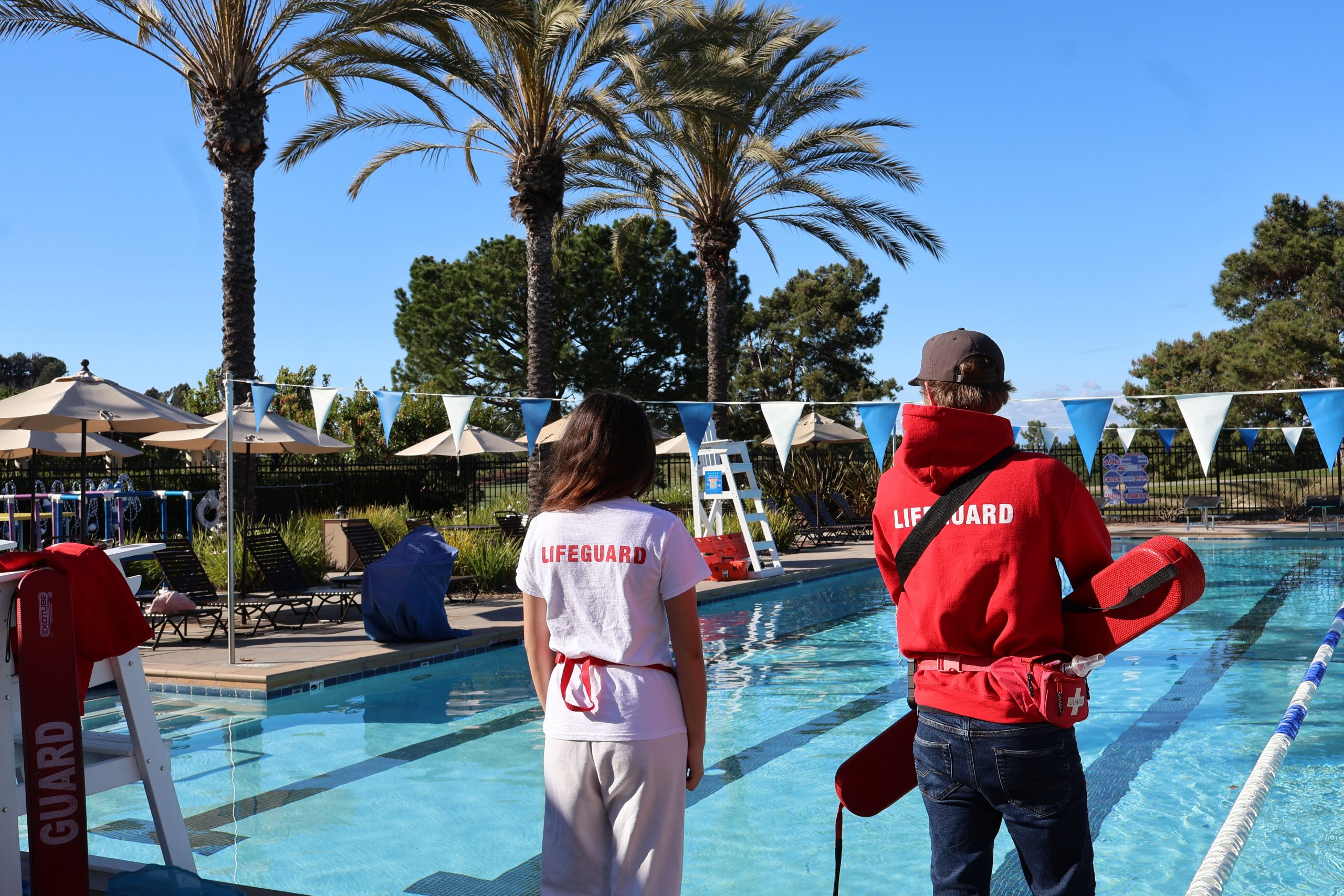All Posts
Making Waves: The Crucial Role of Junior Lifeguard Preparation
Dan | March 8 2024 | , Junior Lifeguard, Lifeguard Jobs

In sunny Southern California, becoming a Junior Lifeguard has become a staple activity for kids of all ages during the summer. As the season approaches, many young individuals eagerly anticipate the opportunity to become junior lifeguards. However, amidst the excitement, it’s crucial to recognize the significance of adequately preparing for the junior lifeguard test. This test isn’t just a formality; it’s a critical evaluation of skills and knowledge that can determine one’s ability to keep themselves and others safe in aquatic environments. In this blog, we’ll dive into why preparing for the junior lifeguard test is vital and how it sets the foundation for a fulfilling and responsible role as a lifeguard.
Understanding the Role of a Junior Lifeguard:
Before exploring the importance of test preparation, it’s essential to understand the responsibilities associated with being a junior lifeguard. Junior lifeguards play a vital role in aquatic safety by assisting certified lifeguards, promoting water safety awareness, and responding to emergencies when necessary. They must possess strong swimming abilities, first aid knowledge, and rescue techniques to ensure the well-being of beach goers and pool attendees.
The Importance of Test Preparation:
Safety First:
The primary objective of the junior lifeguard test is to assess an individual’s ability in essential life saving skills. By preparing adequately, candidates ensure that they possess the necessary skills to respond effectively to emergencies, thereby promoting a safer aquatic environment.
Confidence Boost:
Preparation breeds confidence. Through consistent practice and familiarization with test requirements, candidates develop confidence in their abilities to perform under pressure. Confidence is crucial in emergency situations, as it allows lifeguards to make quick decisions and take decisive action.
Skill Refinement:
The junior lifeguard test evaluates various skills, including swimming proficiency, CPR, first aid, and rescue techniques. Preparing for the test involves refining these skills through regular practice and instruction. This not only enhances performance during the test but also equips candidates with valuable skills that they can utilize throughout their life guarding career.
Professionalism:
Adequate preparation demonstrates commitment and dedication to the role of a junior lifeguard. It reflects a candidate’s understanding of the responsibilities associated with the position and their willingness to uphold safety standards diligently. Employers value professionalism, and thorough preparation sets candidates apart as reliable and capable individuals.
Personal Development:
Beyond acquiring technical skills, preparing for the junior lifeguard test fosters personal growth and development. It instills discipline, resilience, and a strong work ethic‚ qualities that are invaluable both in life guarding and in various aspects of life. Additionally, overcoming challenges during preparation builds character and fosters a sense of achievement.
Effective Preparation Strategies:
To maximize success in the junior lifeguard test, candidates should implement the following preparation strategies:
Structured Training Programs:
Enroll in structured training programs specifically designed to prepare candidates for the junior lifeguard test. These programs offer comprehensive instruction, simulated scenarios, and feedback from experienced instructors. https://premierswimacademy.com/programs/aliso-viejo/jr-lifeguard-prep/
Regular Practice:
Dedicate consistent time to practice swimming, rescue drills, and first aid techniques. Repetition is key to mastery, and regular practice enhances muscle memory and skill retention.
Studying and Review:
Familiarize yourself with the test requirements and study relevant materials, such as CPR protocols, rescue procedures, and water safety guidelines. Understanding the theoretical aspects of life guarding is as important as practical skills.
Mock Tests:
Simulate test conditions by participating in mock tests or practice scenarios. This allows candidates to assess their performance under pressure and identify areas for improvement.
Seek Guidance:
Don’t hesitate to seek guidance from certified lifeguards or instructors if you encounter challenges during preparation. They can provide valuable advice, tips, and techniques to enhance your skills and confidence.
Junior Guard Tests in Southern California:
Now that we’ve‚gone over how to prepare for the tests, let’s look into some Junior Lifeguard Programs in Southern California.
OC Junior Guards (Dana Point, CA):
https://www.oclg.org/jg/
Salt Creek Junior Lifeguard Program (Dana Point, CA):
https://jrlifeguards.com/junior-guards/
Mission Viejo YMCA & Newport Beach YMCA:
https://orangecounty.recliquecore.com/programs/11500/junior-lifeguard-training/?locations=-1
State Parks Information:
https://www.parks.ca.gov/?page_id=23759
Preparing for the junior lifeguard test is not just about passing a requirement; it’s about cultivating the skills and mindset necessary to fulfill the vital role of a lifeguard effectively. By prioritizing preparation, candidates demonstrate their commitment to safety, professionalism, and personal development. Whether patrolling beaches, monitoring pool activities, or responding to emergencies, well-prepared junior lifeguards serve as guardians of aquatic safety, ensuring that everyone can enjoy water activities with peace of mind. So, dive into preparation with determination and dedication, and pave the way for a rewarding and fulfilling life guarding journey.
